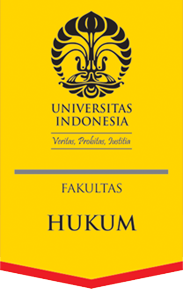DOI
10.21143/jhp.vol51.no1.3009
Abstract
High seas is an ocean legal regime that is free access to every states, including the use of its fisheries. Yet, in fact, fishing on the high seas is dominated by in part of all countries, which are developed countries or at least states with advance technology and finance. The vast potential of high seas fisheries is in line with the high of threat that must be faced, for examples overfishing and destructive fishing. The majority regionals of the world are going through fisheries crisis as well as decreasing of fish stocks in Southeast Asia. Fisheries sector is so important within Southeast Asia, either in economic interest or food security. In fact, ASEAN already have policy that support the sustainability of fisheries on the high seas, namely ASEAN Tuna Eco-Labelling (ATEL). Through this policy will make sure fishing activity is done without making any destruction to the ecosystem and ocean environment. However, ASEAN still need to develop a concept of high seas fisheries management that in line with common heritage of all mankind principle. Sharing benefit concept can be adopted to guarantee that high seas fisheries can be enjoyed by all of states in Southeast Asia.
Recommended Citation
Tarigan, Muhammad Insan
(2021)
"MEMBANGUN PENGELOLAAN PERIKANAN LAUT BEBAS DI ASIA TENGGARA YANG BERORIENTASI PADA KEBERLANJUTAN,"
Jurnal Hukum & Pembangunan: Vol. 51:
No.
1, Article 6.
DOI: 10.21143/jhp.vol51.no1.3009
Available at:
https://scholarhub.ui.ac.id/jhp/vol51/iss1/6

